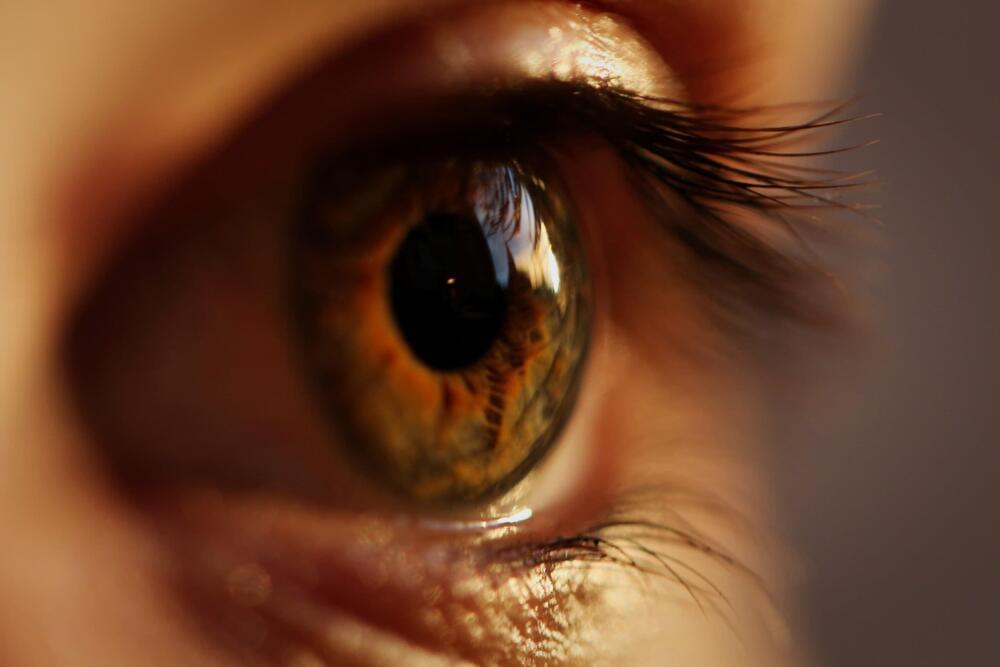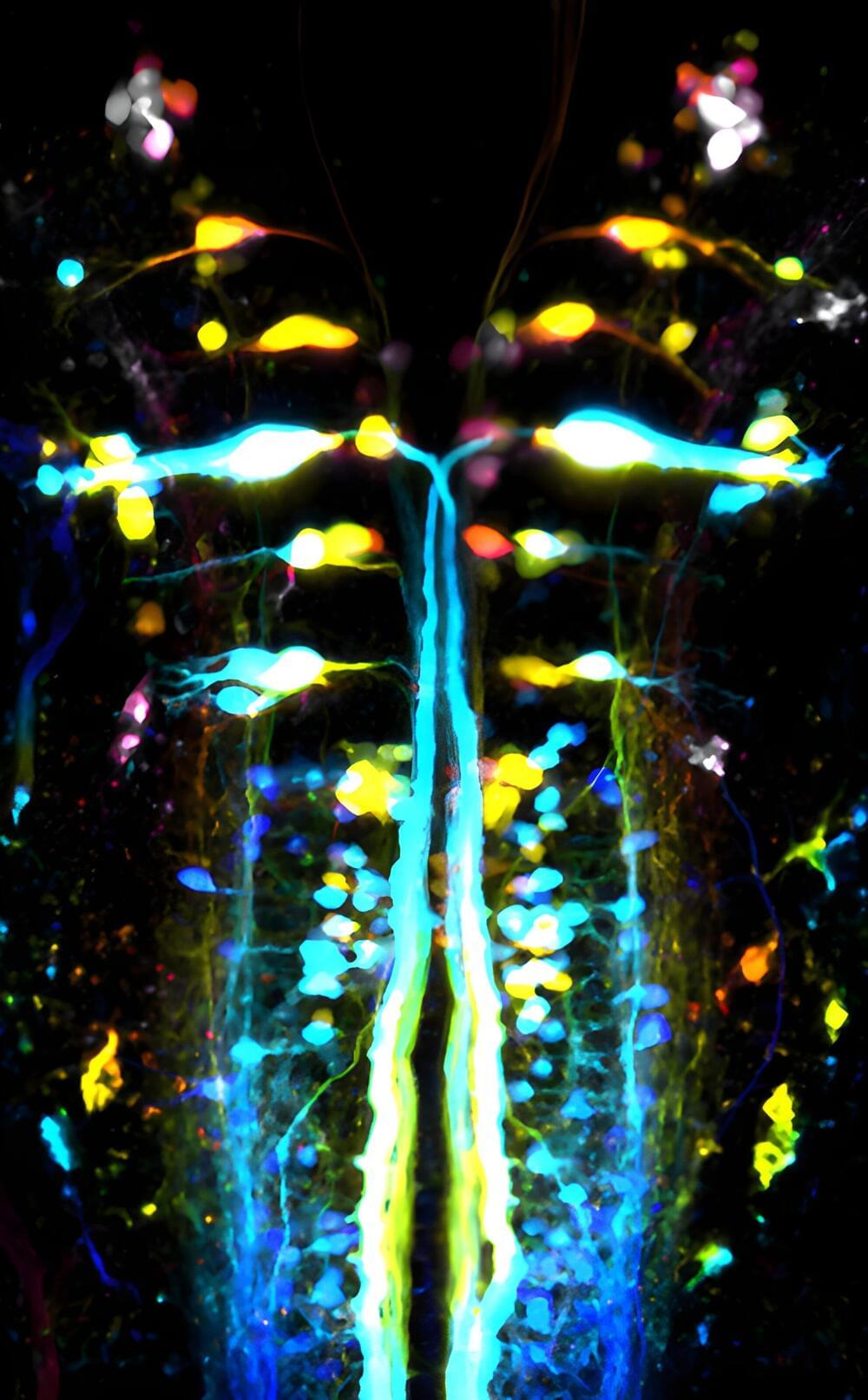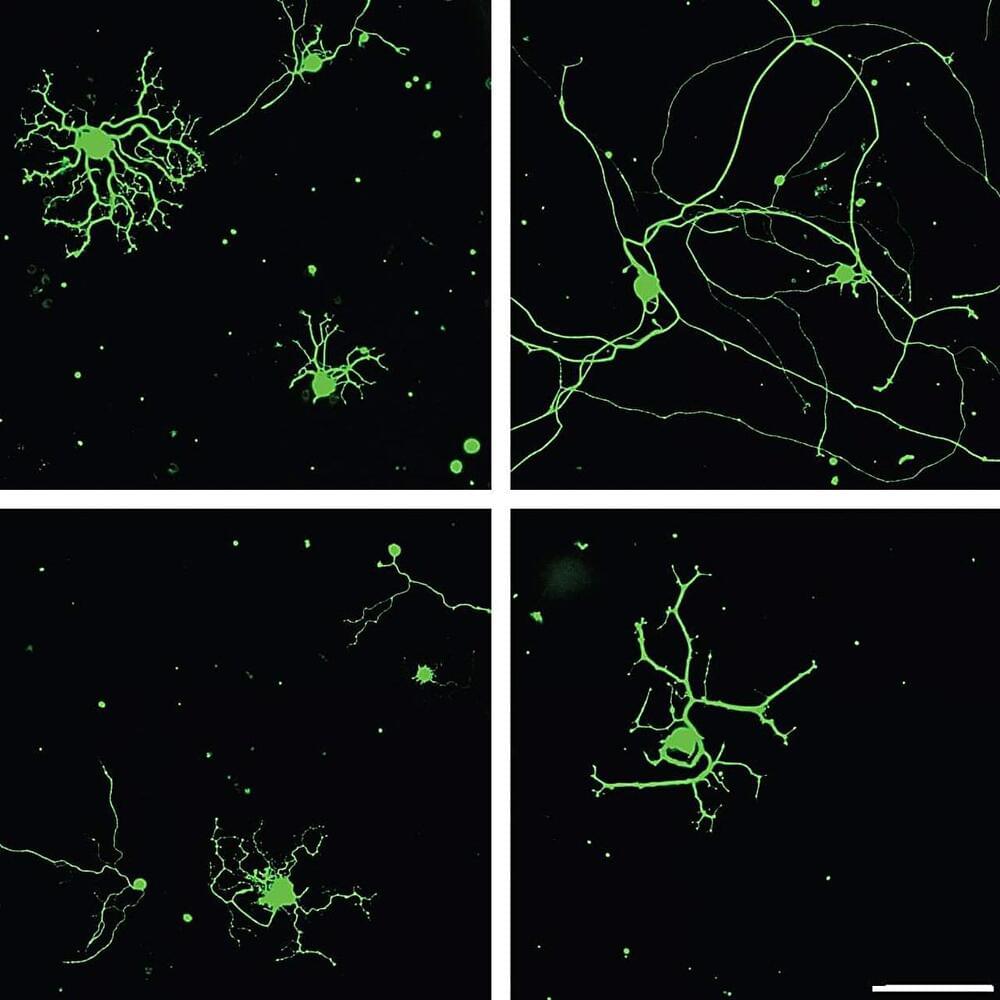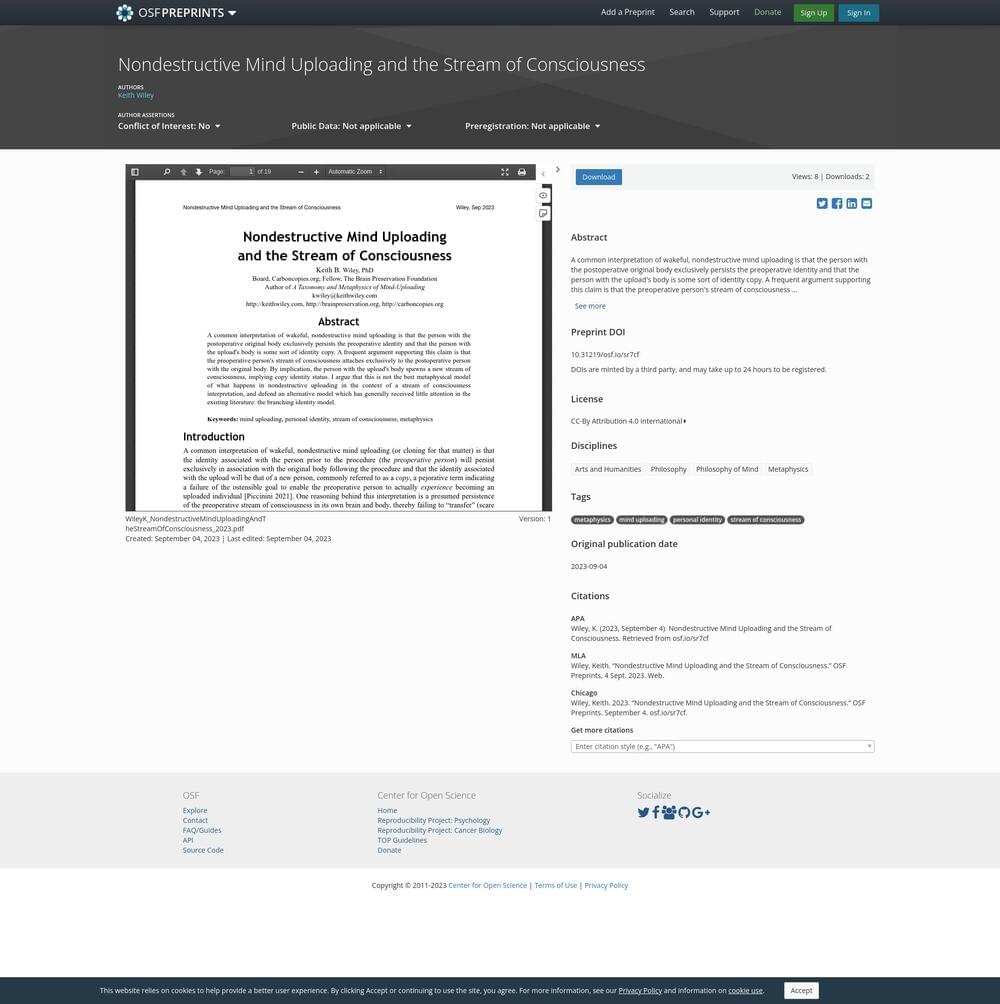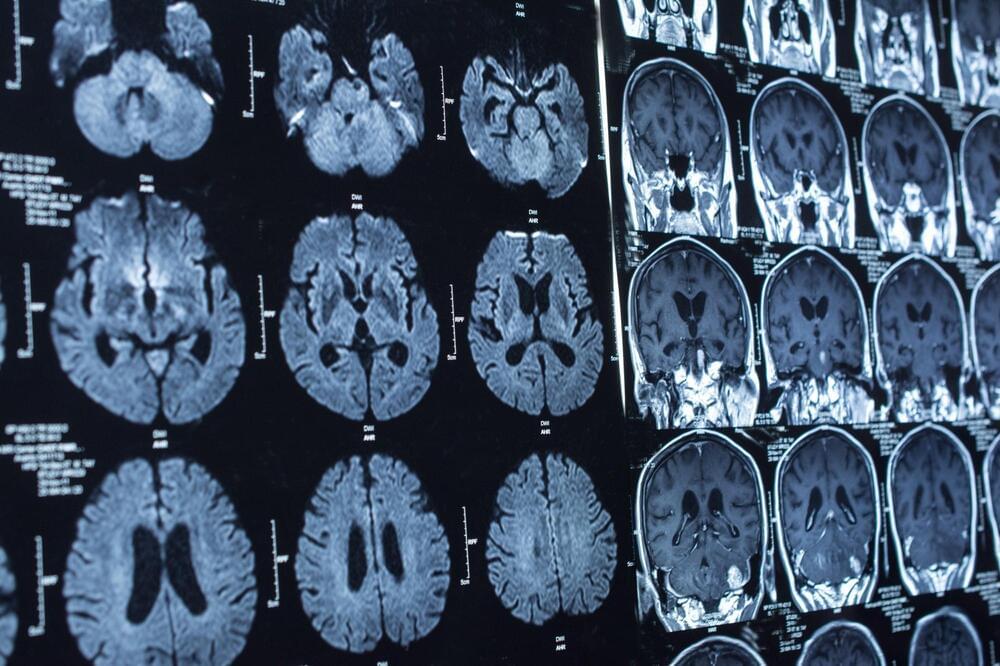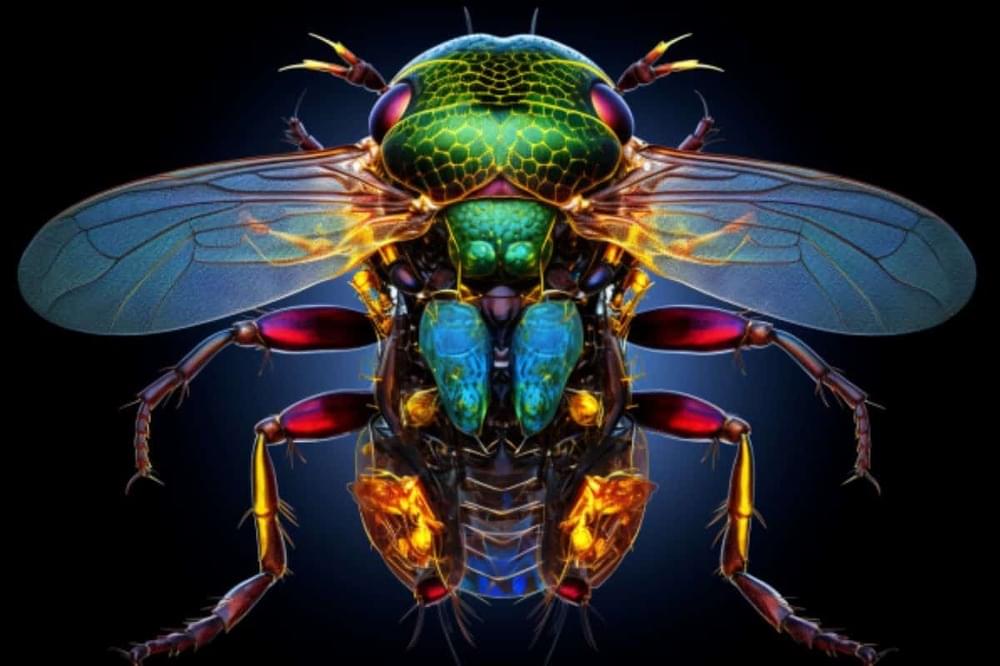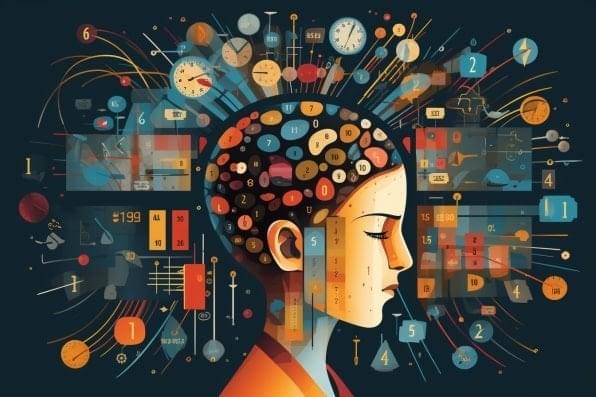Sep 4, 2023
Study shows that eye movements decrease while effortfully listening to speech
Posted by Saúl Morales Rodriguéz in categories: life extension, neuroscience
After a certain age, approximately 40% of people experience some degree of hearing loss. While age-related hearing loss is most prevalent in adults over the age of 65, it can start occurring far earlier than that, when people are in their 40s or 50s.
Despite their widespread use, existing diagnostic techniques might be unable to detect earlier signs of hearing loss, such as the loss of the ability to hear speech in crowded or noisy environments. Some researchers have thus been trying to devise viable techniques to detect subtler forms of hearing loss, so that they can be addressed early, before they are irreparable.
To this end, two neuroscientists at the Rotman Research Institute in Canada have recently been exploring the relationship between effortful listening and eye movements. Their most recent paper, published in The Journal of Neuroscience, suggests eye movements tend to decrease while young adults are placing greater effort in trying to hear speech.
